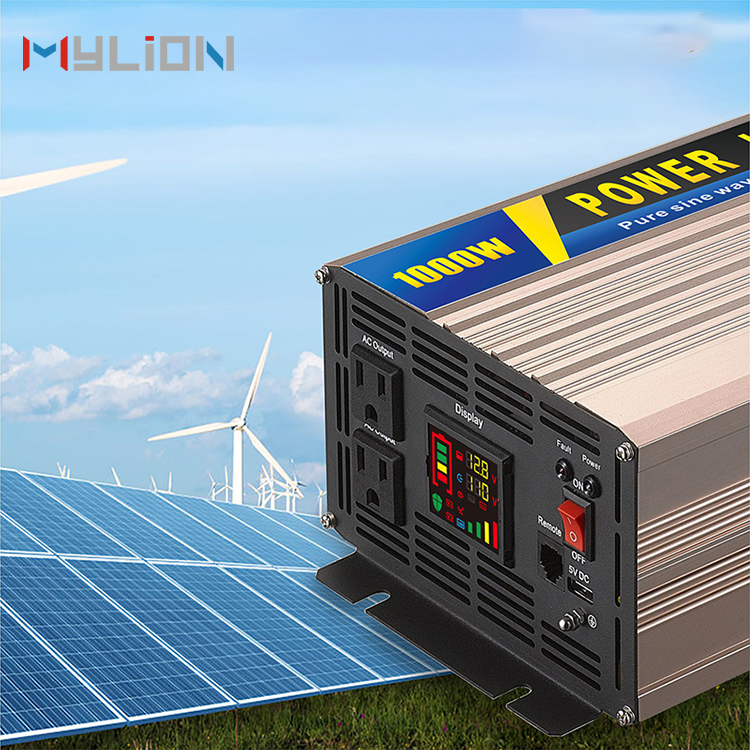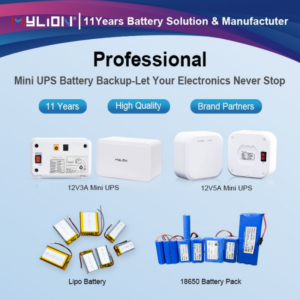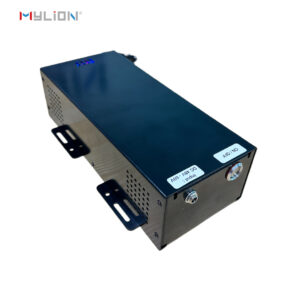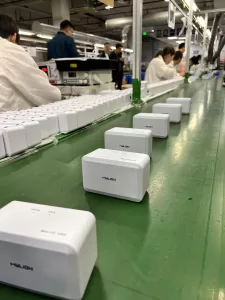You must know what you require An Inverter or UPS
To keep your home operational 24/7, it is essential to have reliable power to ensure that appliances, computer systems, computers, and other gadgets are running continuously. Two of the most well-known choices for continuous power flow are the uninterruptible power supply (UPS) and inverters.
Before you finalize your purchase, you must know the differences between home UPS and inverters and their functions.
We’ll provide valuable guidelines to help you choose the best option.

What is a UPS?
Der Mini USV (or power supply) is an electrical device used to supply power in an emergency in the event of an interruption. It provides electricity via emergency power sources such as generators or batteries. In this way, if there is a power failure when power is cut off, the UPS will be in charge and provide your devices with the ability.
The most popular UPS is one that operates online. This UPS comes with its battery within it and offers constant voltage control for your office or home. It also allows seamless switchover from mains to emergency power without interruption or flickering during operations. In addition, it has built-in protection against surges as well as overvoltage. This helps to ensure that electrical appliances are safe from sudden voltage spikes.
What is the process behind the USV Funktion?
A UPS, an uninterruptible power supply, is a simple concept. It supplies uninterrupted power in the event of blackouts or disturbances to the power grid.
But, obtaining continuous power can only occur if two conditions are met:
Energy storage is what the UPS makes use of when the electricity is shut off. The energy storage function is carried out by using batteries and the charge controller.
Rapid response, ensuring that each device connected to the UPS continues to function when a blackout happens. For example, UPS units are employed in data centres to guard the data and hardware in the event of power grid problems.
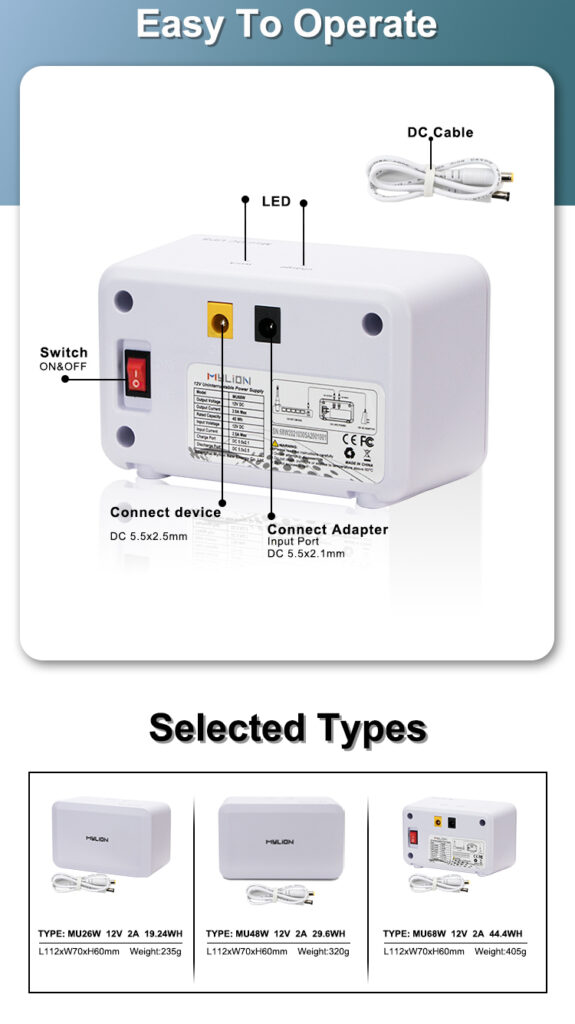
What is an Wechselrichter?
An Inverter functions by converting direct current (DC) from the battery source to an alternating current (AC) which can be utilized by appliances in the home. This allows for the control of the power flow, ensures the level of electricity, and ensures that devices are running efficiently.
An inverter is not just able to provide stable electricity but also helps to conserve it in times of low power supply or when there is a disruption with the electricity supply. It can do this due to its capacity to switch effortlessly between sources of input – either AC mains or batteries, depending on which is currently in use. This can help protect against the fluctuation in the power supply, which can be not uncommon at times.
In addition, the inverter has the feature of ‘load shedding that allows it to shut down certain appliances that aren’t required while providing power to essential devices like lighting and charging ports. If you’re seeking a simple and affordable method to ensure your home is always running, the inverter is the best option.
How do Inverters work?
What’s the purpose of inverters? Inverters’ primary function is to transform DC power into AC. It’s unable to produce or store electricity, so if it’s disconnected from the DC power source, the AC voltage is cut off. Inverters are classified according to their power and efficiency, with homes typically having a capacity of less than 10 kW. Additionally, they are made to operate within a specific range of current and voltage on both the DC and the AC sides.
The difference between an Wechselrichter and home ups
The significant difference between an inverter and your home-based UPS lies in their power level. A UPS provides constant power and quality that is powered by a battery, while an inverter converts DC power generated by batteries to AC power. It can also provide power for a short period while the primary source of electricity is out of service.
The UPS is typically more costly than an inverter considering the same power rating due to its extra features. A UPS is required when continuous power during blackouts is crucial, and an inverter equipped with external batteries is an economical option when it’s not an issue. One example is a data centre that requires constant power (UPS) instead of lighting that can withstand short power interruptions (inverter and battery).
When charging batteries are powered by leading electricity, two power transformations take place. The first is the AC supply. It is changed to DC to charge batteries, and, secondly, the battery’s output has to be restored to AC. A rectifier is required to use an AC input to charge batteries. UPS units include this feature; however, an additional charge controller is needed when batteries have been connected to an Inverter.
A UPS device switches into a battery power source during a power interruption. This ensures that your electronic devices remain operational in the event of a power outage and prevents data loss that could occur when you’d used the inverter alternatively. A UPS can also stop power surges by controlling the amount of power coming into the power source, meaning you don’t have to fret about purchasing surge protectors with UPS.
An inverter converts the DC power from the battery into AC to power your devices. This means that in the event of an outage in control, the data you had been working on might be lost when the battery is depleted of juice, and there won’t be any surge protection provided by an inverter, either.
The significant distinction between an inverter and UPS can be found in the former you will get additional features such as switching over capabilities and surge protection. Enhanced data security if you ever experience an unexpected blackout.
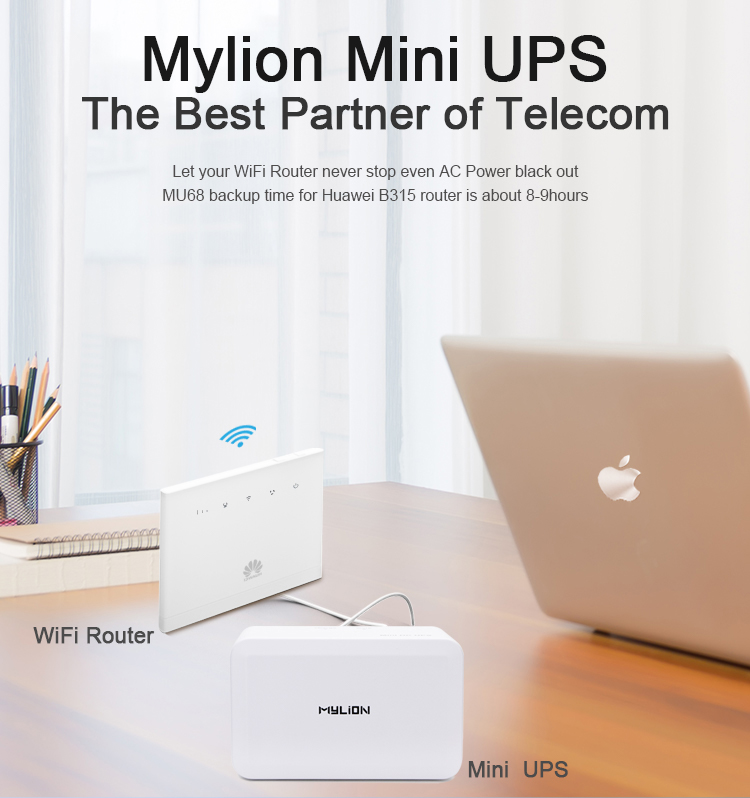
Choosing the Right UPS or Inverter for Your Home
If you need clarification on what UPS would be the best choice for you at home, make sure you choose the correct UPS or Inverter is a crucial choice. It is essential to know the benefits each one offers and what is the best option for your requirements.
Inverters and USV come in various sizes and have different capacities for power storage. Therefore, when choosing the appropriate UPS or inverter, it is essential to consider factors such as price capacities and capabilities and features such as security against surges and remotely monitored or phone charging ports. Your budget can be a factor in determining the best option for you. Therefore, you should do some research before making a choice.
Power outage frequency
First, think about the frequency of power outages. If you are experiencing frequent outages all year, An inverter could be the best option since it can provide an even more reliable power backup than a UPS. However, a UPS might be a better option if outages are intermittent and last just a few minutes.
Mobility is essential.
Do you require the power supply to be mobile? If yes, a UPS is the best option as they are significantly lighter and smaller than inverters. This makes them perfect for camping trips or any travel where electricity is not readily accessible or reliable.
Budget
Budget plays a vital role in deciding on the best power backup option. Generally, a UPS is less expensive than an inverter and can provide adequate performance for short durations. An inverter is likely the best choice if you’re seeking something that will last longer with more excellent performance. Be aware that they are more expensive at first.
When to Choose an Inverter
An inverter is a device to provide power backup for electronics in the event of short interruptions or fluctuations in voltage. It is a device that converts 12 Volts DC into 220 Volts AC. Imagine it as an emergency power source when your power is cut off.
When to Choose a Home UPS
If your devices must be secured from frequent power outages and voltage fluctuations, use an uninterruptible supply (UPS). It’s designed to offer stability and security for costly electronics such as computers, shielding them from harm in the event of sudden drops or spikes in power supply. It operates by supplying continuous conversion of AC to DC with a battery backup that is high capacity.
Find the top quality UPS and Inverter at the Mylion website.
An Inverter can supply emergency power during short interruptions but can’t provide long-term solutions. In contrast, UPS UPS offers long-term solutions and protects you from regular blackouts and voltage fluctuation.
Homeowners must take time to investigate and decide between a UPS and an inverter. It is essential to evaluate your home’s electrical power, load capacity and energy efficiency before buying either. Ultimately, your decision must reflect the specific requirements of your household.
However, regardless of the model you purchase for your house, you’ll get the highest quality Inverter and UPS at affordable prices only on the MeinLION website. Explore the various options to choose one that will meet your needs.

